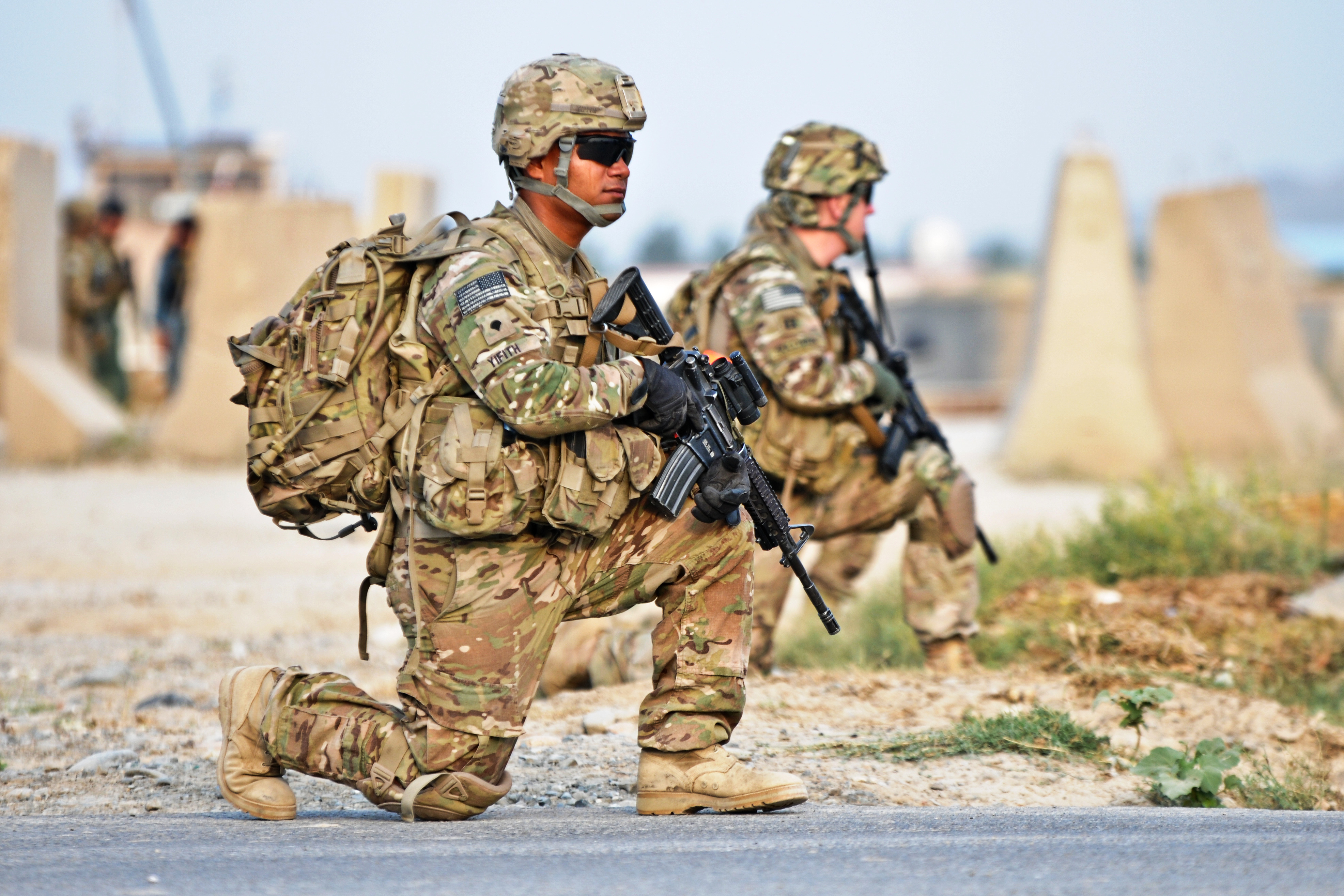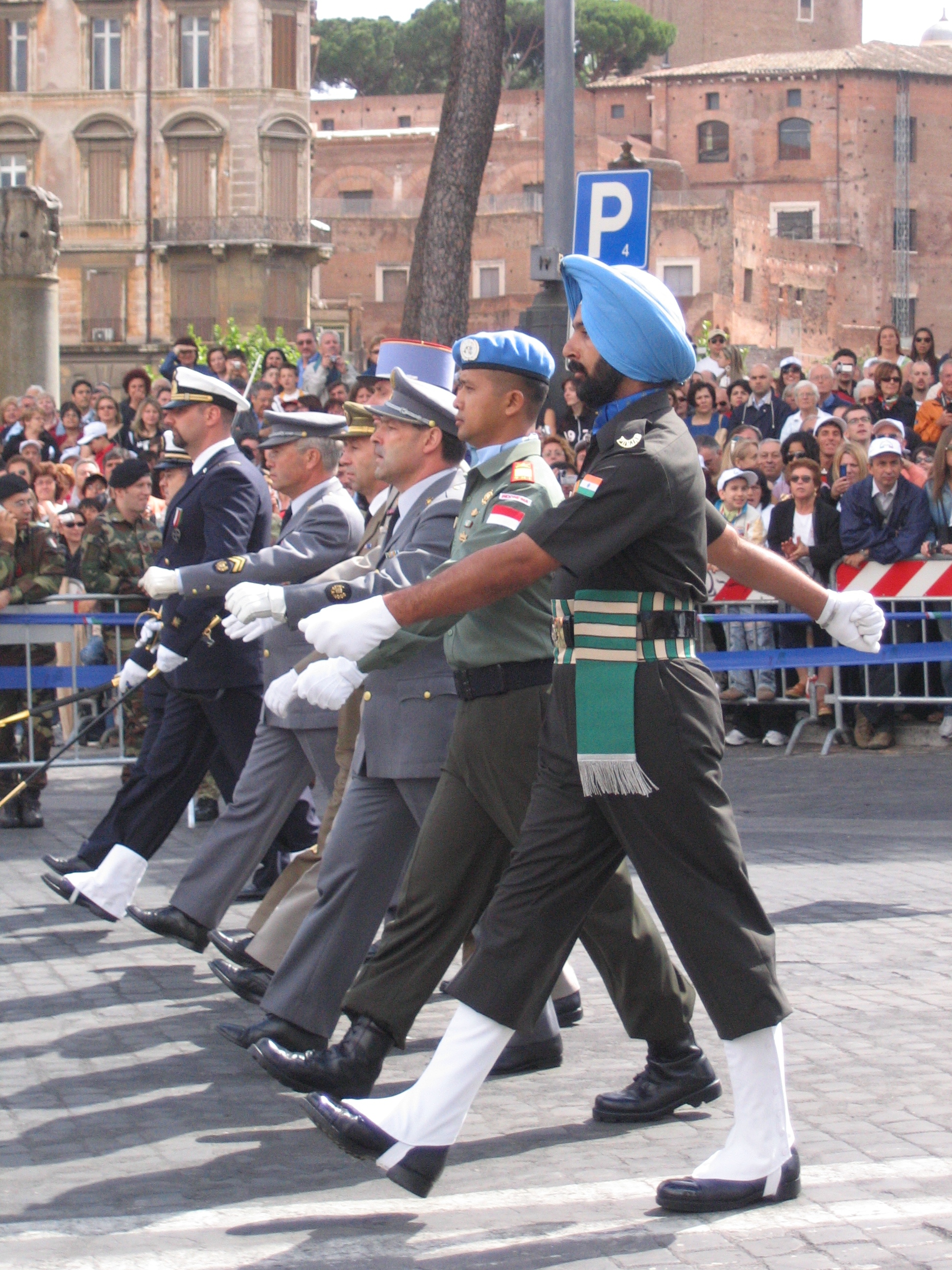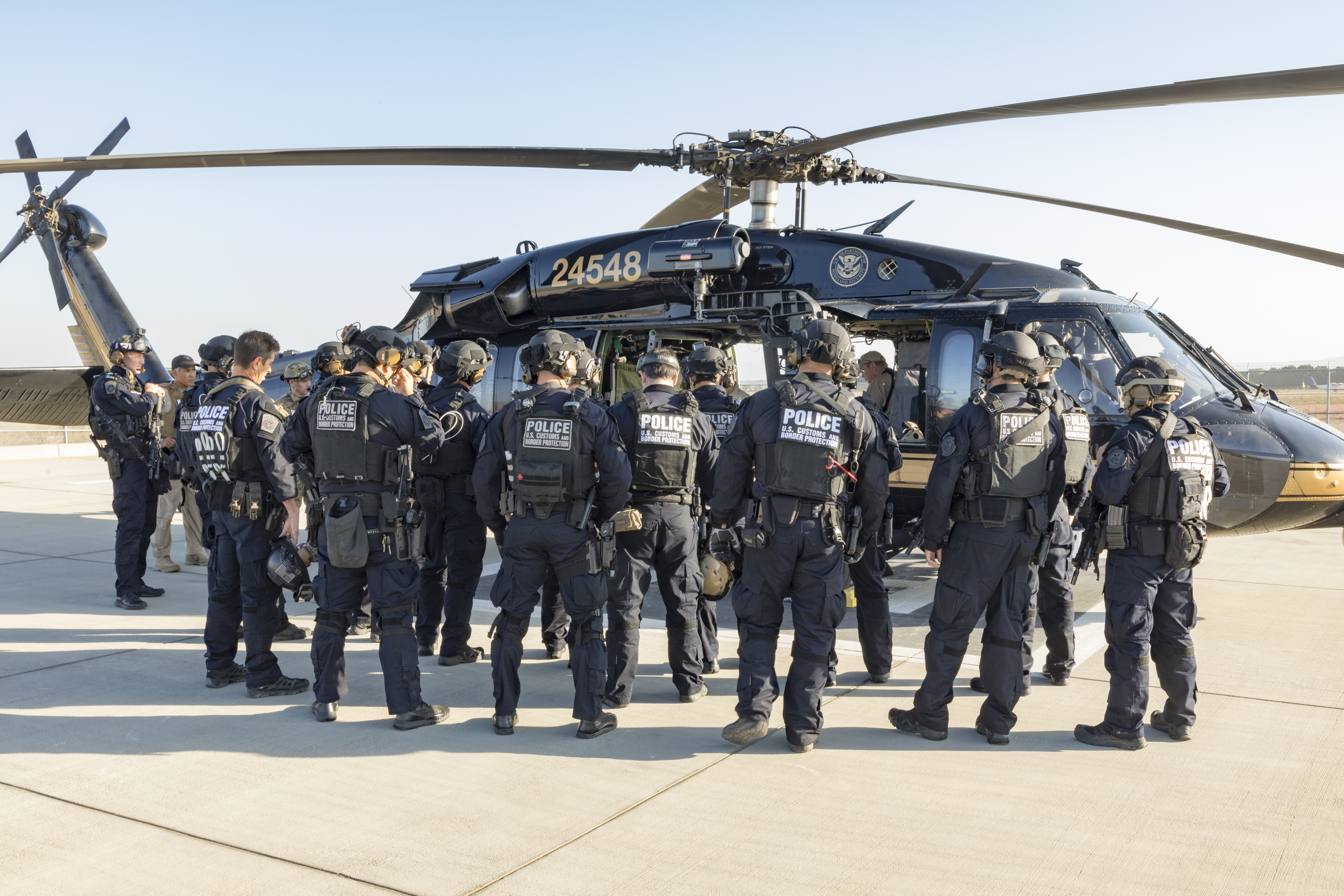|
Knee Pad
Knee pads or kneepads are protective gear worn on knees to protect them against impact injury from falling to the ground or hitting an obstacle, or to provide padding for extended kneeling. Use Sports Knee pads are worn in many recreational and sporting activities such as cycling, rollerskating, skateboarding, cricket, volleyball, handball, basketball, gridiron football, polo, dancing, etc. In polo, knee pads serve primarily to protect the rider's knee when "riding off" an opponent. Work Work that requires frequent or constant kneeling, including carpet installation, plumbing, tilling, and mechanic work will normally require hard, rugged knee pads with hard shells. If work requires less or occasional kneeling, then a lighter, softer and more flexible knee pad can be used to increase comfort. Trades and military use Knee pads are also used in various trades such as for the home handyman, for the police SWAT teams, and they are also incorporated into military uniforms suc ... [...More Info...] [...Related Items...] OR: [Wikipedia] [Google] [Baidu] |
Defense
Defense or defence may refer to: Tactical, martial, and political acts or groups * Defense (military), forces primarily intended for warfare * Civil defense, the organizing of civilians to deal with emergencies or enemy attacks * Defense industry, industry which manufactures and sells weapons and military technology * Self-defense, the use of force to defend oneself * Haganah (Hebrew for "The Defence"), a paramilitary organization in British Palestine * National security, security of a nation state, its citizens, economy, and institutions, as a duty of government ** Defence diplomacy, pursuit of foreign policy objectives through the peaceful employment of defence resources ** Ministry of defence or department of defense, a part of government which regulates the armed forces ** Defence minister, a cabinet position in charge of a ministry of defense * International security, measures taken by states and international organizations to ensure mutual survival and safety Sports * Def ... [...More Info...] [...Related Items...] OR: [Wikipedia] [Google] [Baidu] |
Polo
Polo is a ball game played on horseback, a traditional field sport and one of the world's oldest known team sports. The game is played by two opposing teams with the objective of scoring using a long-handled wooden mallet to hit a small hard ball through the opposing team's goal. Each team has four mounted riders, and the game usually lasts one to two hours, divided into periods called ''chukkas'' or "''chukkers''". Polo has been called "the sport of kings", and has become a spectator sport for equestrians and high society, often supported by sponsorship. The progenitor of the game and its variants existed from the to the as equestrian games played by nomadic Iranian and Turkic peoples. In Persia, where the sport evolved and developed, it was at first a training game for cavalry units, usually the royal guard or other elite troops. A notable example is Saladin, who was known for being a skilled polo player which contributed to his cavalry training. It is now popular around ... [...More Info...] [...Related Items...] OR: [Wikipedia] [Google] [Baidu] |
Poleyn
The poleyn or genouillere was a component of Medieval and Renaissance armor that protected the knee. During the transition from mail armor to plate armor, this was among the earliest plate components to develop. They first appeared around 1230 and remained in use until 1650 when firearms made them obsolete. The specifics of poleyn design varied considerably over that period. The earliest poleyns were strapped over mail chausses. Fourteenth century and early fifteenth century poleyns usually attached to padded leggings or plate cuisses. During the fifteenth century poleyns developed an articulated construction that attached to the cuisses and schynbalds or greaves. A characteristic of late fifteenth century Gothic plate armor was a projection that guarded the side of the knee. Gallery File:Villard de Honnecourt.jpg, An early example of poleyns worn over chausses, from an illustration by Villard de Honnecourt (1230). File:Ludwig III in der Schlacht von Kulm.jpg, Ludwig III wear ... [...More Info...] [...Related Items...] OR: [Wikipedia] [Google] [Baidu] |
Gaiters
Gaiters are garments worn over the shoe and bottom of the pant or trouser leg, and used primarily as personal protective equipment; similar garments used primarily for display are spats. Originally, gaiters were made of leather or canvas. Today, gaiters for walking are commonly made of plasticized synthetic cloth such as polyester. Gaiters for use on horseback continue to be made of leather. They are able to cover the gap between the pants and boots and the top is just below the knee. There are usually drawcords to help adjust the tightness. Wearing gaiters, while largely preventing most snake bites, does not provide 100% protection. Common materials for leg gaiters on the market are canvas, nylon, Cordura, Kevlar and leather. Nylon is better at preventing snake bites than polyester, canvas and Cordura. The best material is Kevlar, a bulletproof material commonly used to make bulletproof vests, protective gear, and protective clothing. But the downside of Kevlar is that i ... [...More Info...] [...Related Items...] OR: [Wikipedia] [Google] [Baidu] |
Elbow Pad
Elbow pads are protective padded gear worn on the elbows to protect them against injury during a fall or a strike. Elbow pads are worn by many athletes, especially hockey players, cyclists, roller skaters, skateboarders, volleyball players, skiers and wrestlers. Wrestlers sometimes use elbow pads as weapons by slapping their opponents, or take it off for an Atomic Elbow. Soldiers also often wear elbow pads. See also *Knee pads *Shoulder pads (sport) Shoulder pads are a piece of protective equipment used in many contact sports such as gridiron football, lacrosse, and ice hockey and some non-contact sports such as ringette. Most modern shoulder pads consist of a shock absorbing foam material ... References Safety clothing Protective gear Armwear Bandy equipment Ice hockey equipment Skateboarding equipment {{Clothing-stub ... [...More Info...] [...Related Items...] OR: [Wikipedia] [Google] [Baidu] |
Marine Corps Combat Utility Uniform
The Marine Corps Combat Utility Uniform (MCCUU) is the current battledress uniform of the United States Marine Corps. It is also worn by Navy personnel (mostly corpsmen, Seabees, chaplains, and their bodyguards) assigned to Marine Corps units (e.g. the Fleet Marine Force). It replaced the Battle Dress Uniform, which the Marine Corps had shared with the Navy, Army and Air Force. However, both the MCCUU, and its distinctive camouflage pattern, MARPAT, are exclusive to the Marine Corps, which holds the patents to their design. The uniform is available in two color schemes, woodland and desert. The MCCUU should not be confused with the similar looking FROG uniform. Development Field testing of the MCCUU began in early 2001 and was officially announced to the public in June 2001. Early prototypes had featured removable sleeves, but that design feature was later abandoned. The patent for the MARPAT pattern was filed on June 19, 2001, whereas the patent for the MCCUU uniform was fi ... [...More Info...] [...Related Items...] OR: [Wikipedia] [Google] [Baidu] |
Army Combat Uniform
The Army Combat Uniform (ACU) is the current combat uniform worn by the United States Army, U.S. Air Force, and U.S. Space Force. Within U.S. Air Force and U.S. Space Force, it is referred to as the OCP (Operational Camouflage Pattern) Uniform, rather than the Army Combat Uniform. First unveiled in June 2004, it is the successor to the Battle Dress Uniform (BDU) and Desert Camouflage Uniform (DCU) worn from the 1980s and 1990s through to the mid-2000s, respectively. It is also the successor to the Airman Battle Uniform for the U.S. Air Force. History Development In early 2004, some U.S. Army soldiers in Iraq were issued the "Close Combat Uniform", a variant of the Desert Camouflage Uniform (DCU) that featured new features such as shoulder pockets affixed with hook-and-loop "Velcro" fasteners, chest-worn rank insignia, and a new collar. The experimental features used on the CCU were eventually incorporated into the ACU, which was publicly announced in June 2004. Initial fieldin ... [...More Info...] [...Related Items...] OR: [Wikipedia] [Google] [Baidu] |
Military Uniform
A military uniform is a standardised dress worn by members of the armed forces and paramilitaries of various nations. Military dress and styles have gone through significant changes over the centuries, from colourful and elaborate, ornamented clothing until the 19th century, to utilitarian camouflage uniforms for field and battle purposes from World War I (1914–1918) on. Military uniforms in the form of standardised and distinctive dress, intended for identification and display, are typically a sign of organised military forces equipped by a central authority. Military uniforms differ not only according to military units but tend to also be offered in different levels of formality in accordance with Western dress codes: full dress uniform for formal wear, mess dress uniform for semi-formal wear, service dress uniform for informal wear, and combat uniform (also called "battle/field dress") which would equal casual wear. Sometimes added to the casual wear category is physical t ... [...More Info...] [...Related Items...] OR: [Wikipedia] [Google] [Baidu] |
SWAT Team
In the United States, a SWAT team (special weapons and tactics, originally special weapons assault team) is a police tactical unit that uses specialized or military equipment and tactics. Although they were first created in the 1960s to handle riot control or violent confrontations with criminals, the number and usage of SWAT teams increased in the 1980s and 1990s during the War on Drugs and later in the aftermath of the September 11 attacks. In the United States by 2005, SWAT teams were deployed 50,000 times every year, almost 80% of the time to serve search warrants, most often for narcotics. By 2015 that number had increased to nearly 80,000 times a year. SWAT teams are increasingly equipped with military-type hardware and trained to deploy against threats of terrorism, for crowd control, hostage taking, and in situations beyond the capabilities of ordinary law enforcement, sometimes deemed "high-risk". SWAT units are often equipped with automatic and specialized fire ... [...More Info...] [...Related Items...] OR: [Wikipedia] [Google] [Baidu] |
Police
The police are a constituted body of persons empowered by a state, with the aim to enforce the law, to ensure the safety, health and possessions of citizens, and to prevent crime and civil disorder. Their lawful powers include arrest and the use of force legitimized by the state via the monopoly on violence. The term is most commonly associated with the police forces of a sovereign state that are authorized to exercise the police power of that state within a defined legal or territorial area of responsibility. Police forces are often defined as being separate from the military and other organizations involved in the defense of the state against foreign aggressors; however, gendarmerie are military units charged with civil policing. Police forces are usually public sector services, funded through taxes. Law enforcement is only part of policing activity. Policing has included an array of activities in different situations, but the predominant ones are concerned with the pre ... [...More Info...] [...Related Items...] OR: [Wikipedia] [Google] [Baidu] |
Handyman
A handyman, also known as a fixer, handyperson or handyworker, is a person skilled at a wide range of repairs, typically around the home. These tasks include trade skills, repair work, maintenance work, are both interior and exterior, and are sometimes described as "side work", "odd jobs" or "fix-up tasks". Specifically, these jobs could be light plumbing jobs such as fixing a leaky toilet or light electric jobs such as changing a light fixture or bulb. The term ''handyman'' increasingly describes a paid worker, but it also includes non-paid homeowners or do-it-yourselfers. The term ''handyman'' is also occasionally applied as an adjective to describe politicians or business leaders who make substantial organizational changes, such as overhauling a business structure or administrative division. Many people can do common household repairs. There are resources on the Internet, as well as do-it-yourself guide books, with instructions about how to complete a wide range of projects. ... [...More Info...] [...Related Items...] OR: [Wikipedia] [Google] [Baidu] |
Mechanic
A mechanic is an artisan, skilled tradesperson, or technician who uses tools to build, maintain, or repair machinery, especially cars. Duties Most mechanics specialize in a particular field, such as auto body mechanics, air conditioning and refrigeration mechanics, auto mechanics, bicycle mechanics, boiler mechanics, and other areas. A mechanic is typically certified by a trade association or regional government power. Mechanics may be separated into two classes based on the type of machines they work on, heavyweight and lightweight. Heavyweight work is on larger machines or heavy equipment, such as tractors and trailers, while lightweight work is on smaller items, such as automotive engines. Automotive mechanics/automotive technicians Automotive technicians (the modern term of reference) have many trades within. Some may specialize in the electrical diagnosis, while others may specialize in the mechanical aspects. Other mechanical areas include: brakes and steering, sus ... [...More Info...] [...Related Items...] OR: [Wikipedia] [Google] [Baidu] |









